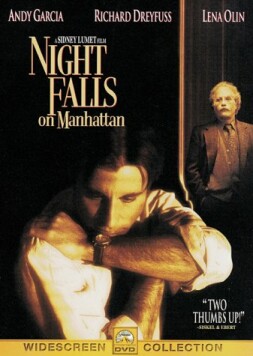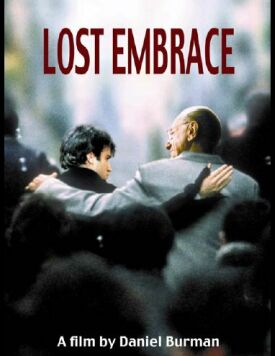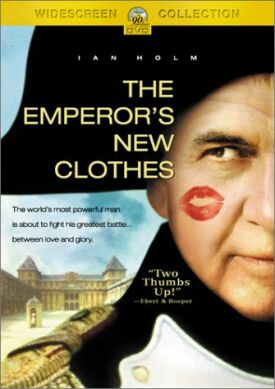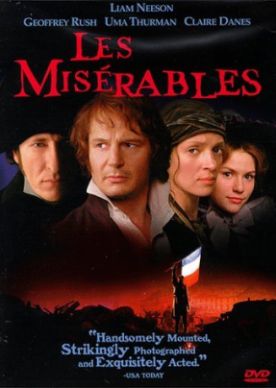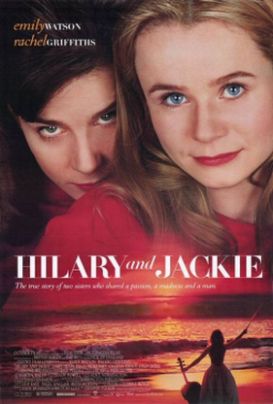Night Falls on Manhattan
Night Falls on Manhattan is that rare thing, a film that is bursting
with talent—written and directed by Sidney Lumet it features fine
performances from Andy Garcia, Ian Holm and James Gandolfini and even such
cinematic palookas as Richard Dreyfuss and Lena Olin are punching above their
weight—which is, nevertheless, a complete failure. It is hard to say
exactly why this is. Somehow the protagonist, a young assistant D.A. called Sean
Casey (Mr Garcia) remains too shallow and uninteresting a character, and his
meteoric rise to become D.A. for New York City almost overnight only makes him
seem shallower and less interesting.
It’s not Mr.
Garcia’s fault; the part just
hasn’t been written well.
And his shallowness seems to communicate itself to the other characters. We
have no sense of any of them as persons—not even
Casey’s father, Liam (Mr Holm), an
aging cop who is gunned down by (who else?) a drug
“kingpin.”
In this role, Shiek Mahmud-Bey seems positively to revel in the
character’s one-dimensionality.
Dramatically, too, the film is a failure. The fine actor Colm Feore plays an ivy
league WASP assistant to the salty old Jewish D.A., called simply Morgenstern
(Ron Liebman), and there is set up between him and his up-from-the-streets boss
an ethnic and political rivalry which is then simply left hanging. There is
nothing for him to do but look nasty, like the kingpin, and he
doesn’t even get to do very much of
that.
Likewise, Casey’s romantic
interest, Peggy Lindstrom (Miss Olin) is meant to involve both the crossing of
social boundaries and a conflict of loyalties, but little or nothing is made out
of these themes either. At several points in the picture references are made to
New York’s tribal loyalties.
“My people have a saying. .
.” says Morgenstern. And the worst
thing about the very bad kingpin is that
“he kills his own
people.” Where are these people? Not
only the blacks but the Irish and the Jews and the Italians never quite make it
onto the stage, except as they are presumably represented by the kingpin, the
Caseys, Morgenstern, and Joey Allegretto (Mr Gandolfini), the older
Casey’s partner, respectively. We have
quite as much a sense of the Swedes, represented by Miss Olin, as we do any of
these ethnic identities.
Even more bizarre, the main plot is powered by action that takes place almost
completely off-stage. An investigative team is called in to ferret out the truth
behind allegations of police corruption by the
kingpin’s defense attorney (Mr
Dreyfuss) and succeeds brilliantly, but we never get to know any of the
investigators (even as much as we know the other characters) or see them in
action. All we are left with is two or three unrevealing interrogation scenes
and the reactions of the two Caseys and Joey as the net closes on the bad
guys.
It’s too bad, since there are some
forceful statements by Morgenstern in pursuit of the kingpin
( “I
don’t want any goddamn civil liberties
subtleties about this. We’re going to
get this cop killing bastard and let the ACLU ask questions
later” ) which promise some real
dramatic conflict, but it never happens. Everybody (except, of course, the
kingpin) is too nice. Even Mr
Dreyfuss’s character, Sam Vigoda, the
lefty defense attorney, when he finds that there is evidence that could get the
kingpin’s conviction overturned says
he won’t use it.
“Why should I let that animal back on
the street?” Similarly, Peggy finds
dynamite evidence to advance her own career at the younger
Casey’s expense, but she
can’t bring herself to do it. I
don’t mind
Lumet’s wrapping up a sombre drama
like this with a happy ending, but this is more like a happy-talk ending, in
which all the hard questions are just casually niced away.
Discover more from James Bowman
Subscribe to get the latest posts to your email.

